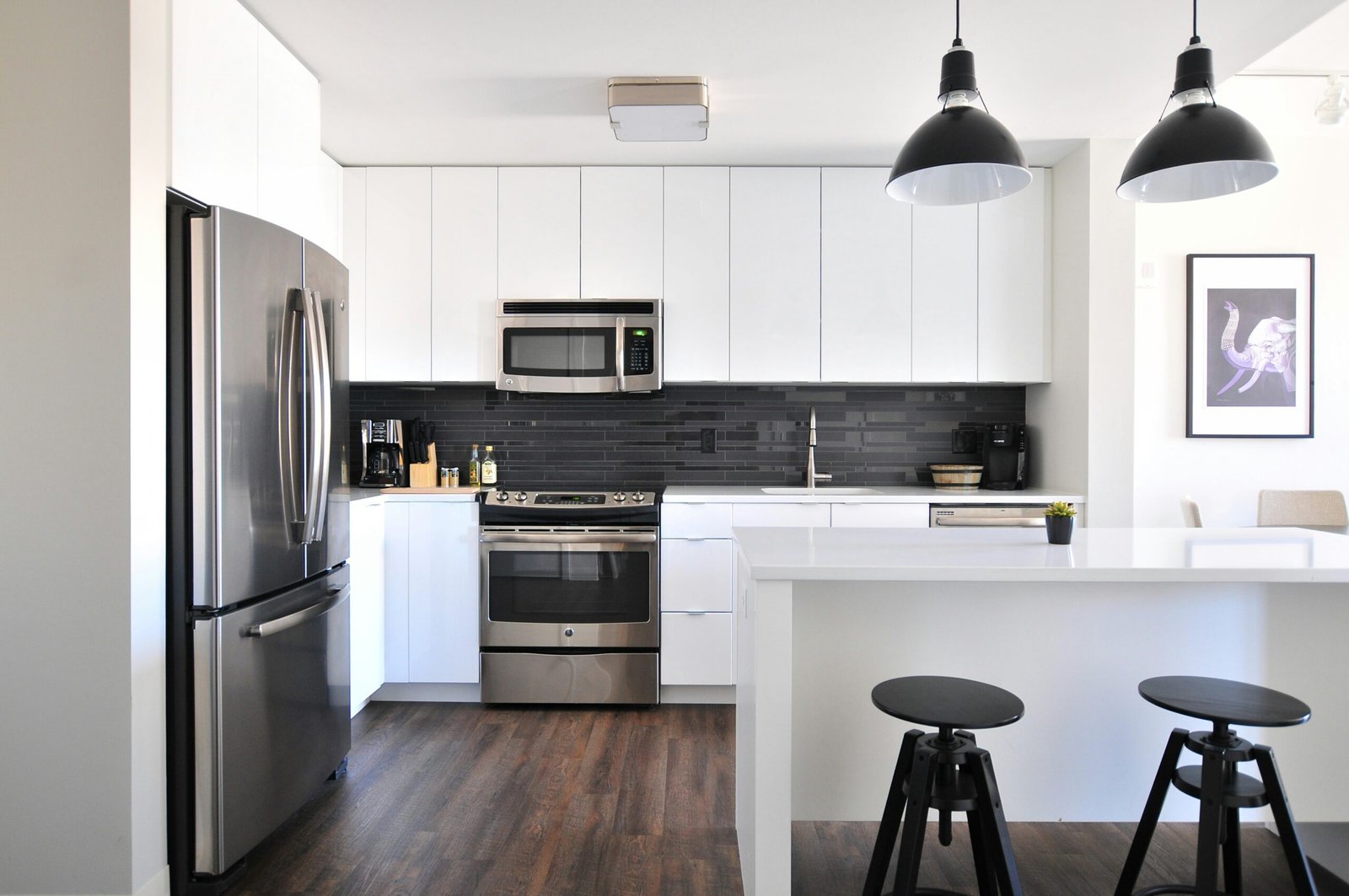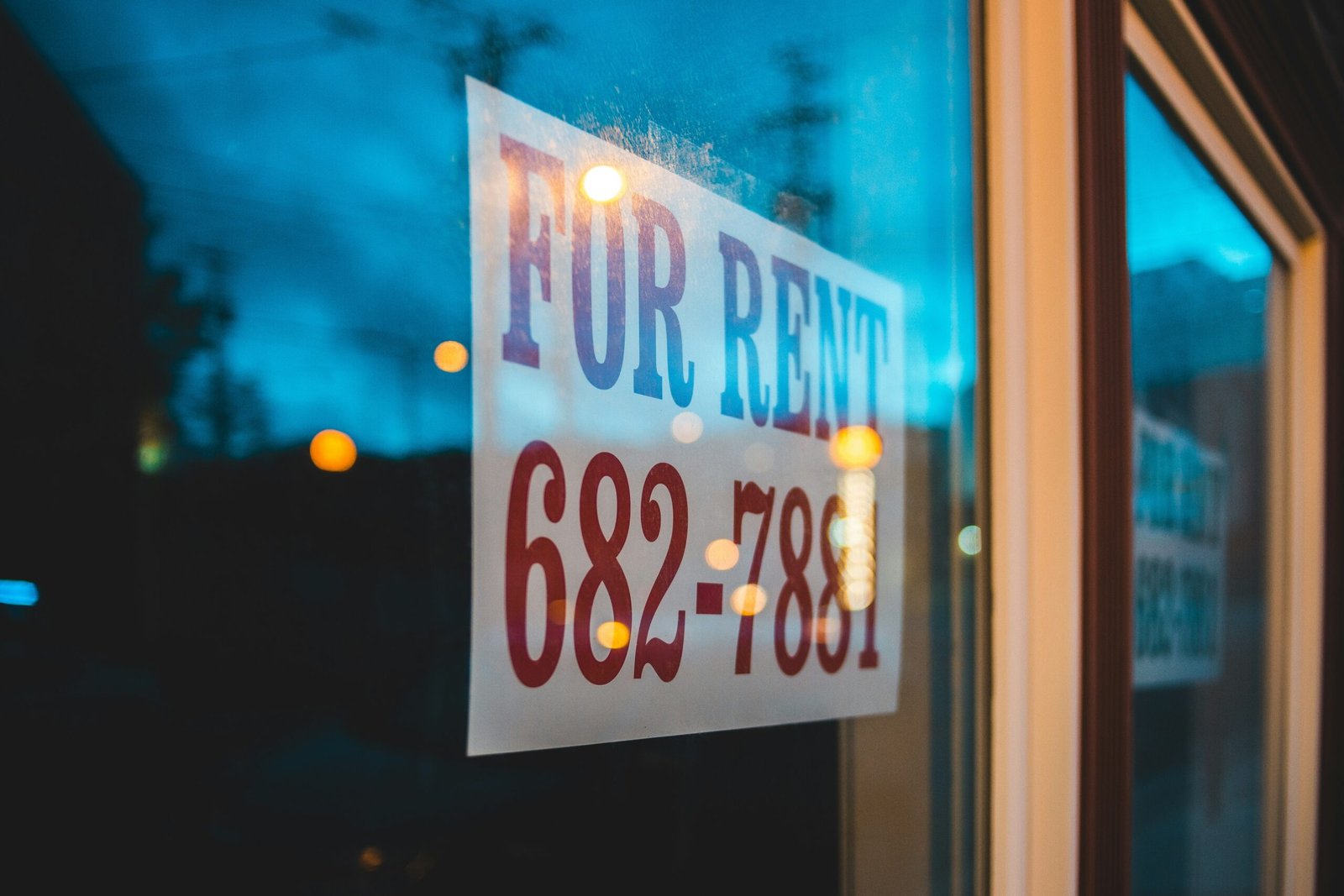Introduction
Deciding whether to sell or rent your primary home when you plan to move is a momentous decision that can significantly impact your financial future and personal well-being. This choice is far from straightforward, requiring a thorough examination of various factors, including financial implications, personal circumstances, and prevailing market conditions. Each option comes with its unique set of advantages and challenges, making it crucial to weigh them carefully before making a final decision.
The financial aspect is often at the forefront when considering whether to sell or rent your primary home. Selling can provide immediate capital, which can be useful for purchasing a new property or investing in other ventures. On the other hand, renting can create a steady stream of passive income, potentially offering long-term financial security. However, each route demands a different level of commitment and risk tolerance, which necessitates careful financial planning and budgeting.
Personal factors also play a pivotal role in this decision-making process. Your future plans, lifestyle preferences, and even emotional attachment to the property can influence whether selling or renting is the better choice. For instance, if you foresee a potential return to the area, renting might keep that option open. Conversely, if you are looking to sever ties and start anew, selling might be the more appealing option.
Market conditions can also significantly affect your decision. Understanding the current real estate market trends, such as property values, rental rates, and economic forecasts, is essential. A seller’s market might make selling more lucrative, while a buyer’s market may encourage holding onto the property and renting it out until conditions improve.
This comprehensive guide aims to provide an in-depth analysis of the various factors you need to consider when deciding whether to sell or rent your primary home. By examining these elements meticulously, you can make an informed decision that aligns with your financial goals, personal circumstances, and market dynamics.
Financial Implications of Selling
When contemplating the sale of your primary home, one of the foremost considerations involves the financial implications. Selling a home can yield significant profits, especially if the property has appreciated in value over the years. However, there are various costs associated with the selling process that must be accounted for to determine the net gain.
Firstly, closing costs can take a substantial bite out of your profits. These include expenses such as title insurance, escrow fees, and any prorated property taxes. Additionally, real estate agent commissions, typically around 5-6% of the selling price, are another critical expense. For instance, on a home selling for $300,000, agent commissions alone could amount to $18,000. Hence, understanding these costs is essential for a realistic financial outlook.
Capital gains taxes are another financial factor to consider. If your home has significantly appreciated, you might be subject to capital gains tax on the profit from the sale. However, primary residences often benefit from exclusions: up to $250,000 for single filers and $500,000 for married couples filing jointly, provided certain conditions are met. It is advisable to consult a tax professional to understand your specific situation and potential tax liabilities.
Current market conditions can also influence the financial outcome of selling your home. In a seller’s market, with high demand and limited supply, you might secure a higher selling price. Conversely, in a buyer’s market, you may need to adjust your expectations downward. Thus, timing the sale of your home can play a pivotal role in maximizing your financial return.
One of the major financial benefits of selling your home is access to liquid cash. This liquidity can be instrumental in purchasing a new home, paying off debt, or investing in other financial avenues. The availability of cash can provide greater financial flexibility and opportunities for future growth.
In conclusion, while selling your home can lead to substantial financial gains, it is crucial to weigh these against the associated costs and market conditions. Properly evaluating these factors will enable you to make a well-informed decision that aligns with your financial goals.
Financial Implications of Renting
When contemplating whether to rent out your primary home, it’s crucial to weigh the financial benefits and challenges that come with being a landlord. One of the most significant advantages is the potential rental income. This income can provide a steady cash flow, which may be particularly beneficial if you have a mortgage on the property. The rental payments can cover your mortgage, property taxes, insurance, and even generate additional profit.
However, generating rental income is not without associated costs. Property management expenses can be significant, especially if you hire a professional property management company. These services usually charge a percentage of the monthly rent, typically ranging from 8% to 12%. Additionally, there are ongoing maintenance expenses to consider, as you will be responsible for ensuring the property remains in good condition. Unexpected repairs and regular upkeep can quickly add up, impacting your overall profitability.
Tax implications are another critical factor. Rental income is taxable, and you’ll need to report it on your tax return. However, you may also be eligible for certain deductions, such as mortgage interest, property taxes, operating expenses, depreciation, and repairs. These deductions can offset some of the tax burden, but it’s advisable to consult with a tax professional to navigate the complexities and ensure compliance with tax laws.
The stability of rental income is another consideration. While rental payments can be a reliable source of income, there are risks involved. Tenant turnover and vacancy periods can disrupt your cash flow. Finding new tenants and covering the cost of unoccupied periods can be challenging. Moreover, the quality of tenants can vary, and dealing with problematic tenants can result in additional stress and financial strain.
In conclusion, renting out your primary home offers both potential financial rewards and challenges. Careful consideration of rental income, property management costs, maintenance expenses, and tax implications is essential. Weighing these factors against the risks of tenant turnover and vacancy periods will help you make an informed decision about whether renting is the right choice for you.
Market Conditions and Timing
The decision to sell or rent your primary home when planning to move is significantly influenced by current real estate market conditions. Understanding these conditions requires an analysis of housing market trends, interest rates, and seasonal variations, all of which can impact your decision-making process.
Housing market trends are pivotal in determining whether it is a favorable time to sell or rent. In a seller’s market, characterized by high demand and low inventory, home prices generally appreciate, making it an advantageous time to sell your property. Conversely, in a buyer’s market, where supply exceeds demand, prices tend to stagnate or decrease, potentially making renting a more attractive option until market conditions improve.
Interest rates also play a crucial role. Lower interest rates typically stimulate buyer activity, as borrowing costs are reduced, potentially leading to higher home prices. In this scenario, selling might yield a better return on investment. However, when interest rates are high, the cost of borrowing increases, which can dampen buyer enthusiasm and reduce home prices. In such cases, renting out your property might be a more prudent choice until rates become more favorable.
Seasonal variations can further influence your decision. Traditionally, spring and summer are peak seasons for real estate transactions due to favorable weather and school schedules, often resulting in higher home prices and quicker sales. On the other hand, fall and winter can see a slowdown in the market, with fewer buyers and potentially lower prices. Timing your decision to coincide with these peak periods can maximize your financial outcome.
Assessing whether it’s a buyer’s or seller’s market involves analyzing local market data, including recent sales, inventory levels, and price trends. If the conditions are not ideal, waiting for a more favorable market can provide financial benefits, whether you choose to sell or rent your home.
Personal and Lifestyle Considerations
When contemplating whether to sell or rent your primary home, personal and lifestyle factors play a pivotal role. Future plans should be a primary consideration. If there is a possibility that you might return to the area, renting your home might be the more advantageous option. Retaining ownership allows you the flexibility to move back without the hassle of repurchasing in a possibly higher market. Conversely, if your move is permanent, selling could provide the capital needed for your new residence or other investments.
Emotional attachment to your home is another crucial element to ponder. Homes often carry sentimental value; they are repositories of memories and personal milestones. If you have a strong emotional bond with your property, selling might feel like a considerable loss. On the other hand, renting out your home can preserve this connection while generating income. However, it’s important to weigh this against the practicalities and potential challenges of becoming a landlord.
Family dynamics also significantly influence this decision. Moving can be a major adjustment for children and other family members. The stability of keeping the family home, even as a rental property, might ease this transition. Additionally, consider how the move will affect your family’s daily lives. If the new location offers better opportunities for education, work, or quality of life, selling might be justified to facilitate the move.
Lastly, the commitment to becoming a landlord involves time and effort. Managing a rental property requires dealing with maintenance, tenant issues, and legal responsibilities. Assess your willingness and capacity to handle these tasks. If you have a busy lifestyle or lack the necessary expertise, hiring a property management company could be a solution, albeit at an additional cost. Thus, your decision should align with your personal lifestyle preferences and future aspirations.
Legal and Tax Considerations
When determining whether to sell or rent your primary home, understanding the legal and tax implications is crucial. Both decisions come with their own set of regulations and financial consequences that can significantly impact your overall strategy.
If you choose to rent your home, one of the primary legal considerations is compliance with local landlord-tenant laws. These laws vary by jurisdiction but generally cover essential aspects such as security deposits, lease agreements, eviction procedures, and tenants’ rights. It is advisable to familiarize yourself with these regulations or consult a property management professional to ensure full compliance and avoid potential legal disputes.
Property management regulations also come into play when renting your home. If you decide to manage the property yourself, you will need to handle tenant screening, maintenance issues, rent collection, and more. Alternatively, hiring a property management company can alleviate these responsibilities but will incur additional costs that need to be factored into your financial planning.
Tax considerations are another critical factor in the decision-making process. For those opting to rent out their property, there are potential tax benefits such as deductions for mortgage interest, property taxes, insurance, and maintenance expenses. These deductions can offset rental income, thereby reducing your taxable income. However, rental income must be reported to the IRS, and failing to do so can result in penalties.
On the other hand, selling your primary residence involves understanding capital gains taxes. The IRS allows homeowners to exclude up to $250,000 ($500,000 for married couples) of capital gains from the sale of their primary residence, provided specific criteria are met. These criteria include living in the home for at least two of the past five years. Any gain exceeding this exclusion will be subject to capital gains tax, which can significantly impact your net proceeds from the sale.
In conclusion, whether you choose to sell or rent your primary home, it is essential to weigh the legal and tax implications carefully. Consulting with legal and financial advisors can provide personalized guidance tailored to your unique situation, helping you make an informed and strategic decision.
Risk Management and Contingency Planning
When deciding whether to sell or rent your primary home, it’s crucial to consider the various risks associated with each option and how to effectively manage them. Both paths come with distinct challenges that require careful planning and preparation.
Market volatility is one of the most significant risks in both selling and renting scenarios. Housing markets can be unpredictable, and sudden changes can affect your property’s value or rental income. To mitigate this risk, staying informed about market trends and consulting with real estate professionals can provide valuable insights. Additionally, setting a realistic price for selling or renting can help buffer against market fluctuations.
Property damage is another concern, especially for those opting to rent out their homes. Tenants may not always take the same level of care as a homeowner would, leading to potential repair costs. Conducting thorough tenant screenings and regular property inspections can help minimize this risk. Additionally, having a robust insurance policy that covers property damage is essential.
Tenant issues are a common challenge for landlords. Late payments, disputes, and lease violations can create financial and legal complications. To address these issues, it’s advisable to have a clear and comprehensive lease agreement in place. This document should outline all terms and conditions, including payment schedules, maintenance responsibilities, and dispute resolution mechanisms. Legal counsel can assist in drafting a lease that protects your interests.
Financial setbacks can occur in both selling and renting situations. Unexpected expenses, such as repair costs or vacancies, can strain your finances. Establishing an emergency fund can provide a financial cushion to cover unforeseen expenses. Additionally, consider diversifying your investments to reduce dependency on a single property.
Contingency planning is vital for managing these risks effectively. Besides having an emergency fund and comprehensive insurance coverage, it’s wise to develop a backup plan in case your primary strategy fails. This could include having a secondary rental market strategy or a plan to re-list your property if initial selling efforts are unsuccessful.
In conclusion, understanding the risks and implementing robust contingency plans can significantly influence the success of your decision to sell or rent your primary home. By staying proactive and prepared, you can navigate these challenges more effectively.
Conclusion and Final Recommendations
Deciding whether to sell or rent your primary home when planning a move is a multifaceted decision that requires careful consideration of several factors. Throughout this guide, we have explored the various advantages and disadvantages associated with both options. Selling your home can offer immediate financial benefits, such as the ability to liquidate equity and potentially reduce or eliminate debt. It can also simplify your life by removing the responsibilities of property management. On the other hand, renting can provide a steady stream of passive income, allowing you to retain ownership of a valuable asset that may appreciate over time.
Each option has its own set of challenges. Selling a home involves transaction costs, potential capital gains taxes, and the uncertainty of finding a buyer at the desired price. Renting out your home requires ongoing management, maintenance, and the risk of tenant-related issues. It also ties up your capital in the property, which could be invested elsewhere for potentially greater returns.
Ultimately, the decision to sell or rent your primary home hinges on your individual circumstances, financial goals, and long-term plans. It is crucial to perform a thorough analysis of your personal financial situation and the current real estate market. Consider factors such as market conditions, your future housing needs, tax implications, and the potential for property appreciation or depreciation.
We strongly advise conducting your own due diligence and seeking professional advice. Consulting with financial advisors, real estate professionals, and legal experts can provide valuable insights tailored to your specific situation. They can help you navigate the complexities and make an informed decision that aligns with your financial objectives and lifestyle preferences.
In conclusion, whether you choose to sell or rent your primary home, taking the time to weigh your options carefully will empower you to make a decision that best supports your long-term success and well-being.


